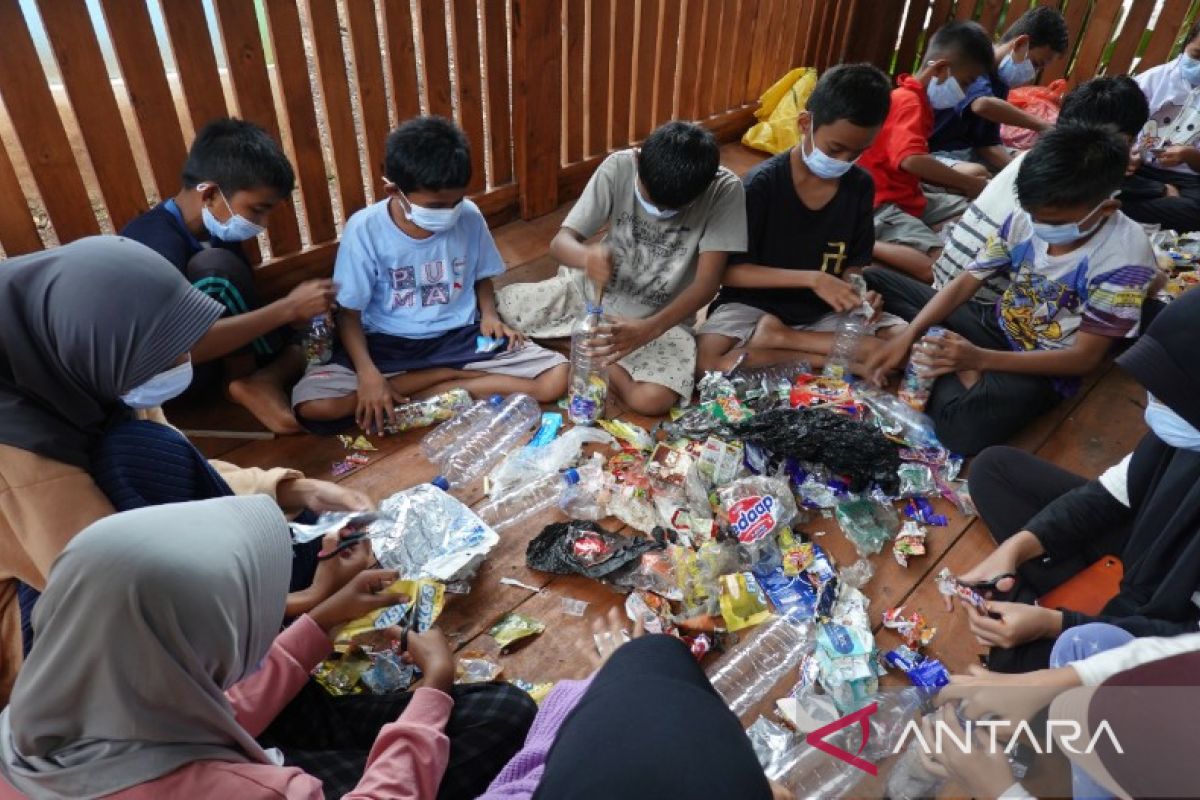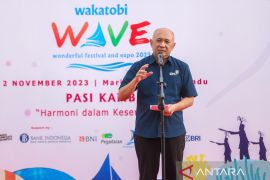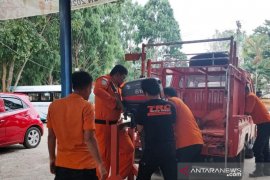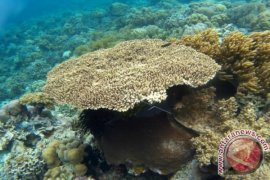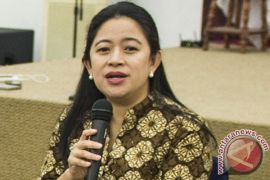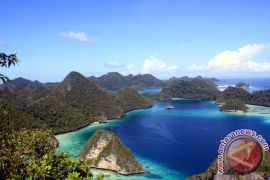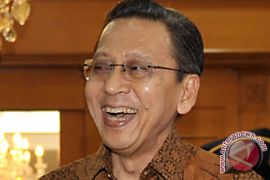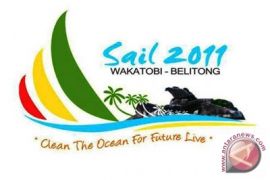The children are being taught to become smart human beings who are grateful to the Earth as their birth and dwelling place, especially since they spend most of their spare time playing in nature, for instance, at the beach.
They are being encouraged to learn positive things in their elementary schools, especially regarding ways to manage waste, through environmental education.
Aware of the need for protecting their environment from waste pollution, they are enthusiastically participating in a program held by a non-profit nature conservation organization called Yayasan Konservasi Alam Nusantara (YKAN).
Education
The organization is teaching all students of Kulati Public Elementary School (SDN) to preserve and maintain the cleanliness of the environment.
Coordinator of the YKAN Program for Wakatobi District La Ode Arifudin said that environmental education is being provided to help the children gain an understanding of the proper management of waste, for instance, on how to correctly sort trash.
The implementation of environmental education has been facilitated by the village’s tourism awareness group called Poassa Nuhada (which means ‘One Will’) Eco-tourism Group.
The education program is being conducted through an active learning method by using games.
Waste management still requires serious attention from all parties, thus the environmental education provided by YKAN is important as an attempt to improve the awareness of the future generation on environmental issues from an early age.
Head of SDN Kulati Abdul Manan said he expects environmental education to encourage his students to implement a healthy lifestyle, both in their school and at home.
Eco-bricks
In addition to providing waste management education, YKAN, along with state-run social insurance company Jasa Raharja and the Poassa Nuhada Eco-tourism Group, is encouraging children to turn plastic waste into eco-bricks.
According to the website of the Environment and Forestry Ministry (KLHK), eco-bricks are plastic bottles filled with smaller inorganic waste that can be arranged to construct an object or building.
Head of the Poassa Nuhada Eco-tourism Group Nyong Tomia informed that an eco-brick competition was organized for elementary and junior high school students in the region.
The competition, which was held at the Kulati Village Conservation Kiosk, aimed to encourage the younger generation to utilize the waste around them to make artworks and innovations of economic value.
In addition, the activity sought to increase the awareness of the community regarding the dangers of plastic waste.
The effort to recycle waste into eco-bricks has been implemented in the village since 2018.
Tomia said that the competition is expected to encourage the community to implement proper waste management, starting with sorting out recyclable waste.
Meanwhile, Head of Operations and Public Relations of Jasa Raharja for Southeast Sulawesi Province Agus Erick said he expects the eco-brick competition to support efforts to add value to recycled waste.
According to the ministry’s website, plastic waste poses a serious threat to the environment since it decomposes with difficulty naturally. It is also a xenobiotic pollutant.
Furthermore, if plastic waste is managed through the open burning method, it can cause air pollution, which can trigger cancer. In larger amounts, it can cause a serious skin illness called chloracne.
Plastic waste can also contaminate waterways, irrigation channels, rivers, lakes, beaches, and soil. In addition, large amounts of plastic waste can clog irrigation channels and rivers, resulting in flooding.
Earlier, Director General of Toxic and Hazardous Waste Management (PSLB3) at KLHK Rosa Vivien Ratnawati informed that the production of domestic plastic and paper waste has reached 19.66 million tons per year.
However, only 46 percent of the waste is recycled since waste sorting is not being conducted properly, she noted.
Most of the unrecycled plastic waste pollutes the water and becomes marine debris.
Meanwhile, Deputy Minister of Environment and Forestry Alue Dohong said that plastic waste is the most common waste found in water.
The weight of plastic waste found in water has reached around 1,432 gram/square meter (gr/m2) — or 44 percent of the total waste — and totals 162.17 pieces/square meter (pcs/m2).
The importance of preserving the natural environs of Wakatobi District was also emphasized by President Joko Widodo (Jokowi) when he visited the region on June 9, 2022.
On the occasion, he and First Lady Iriana Joko Widodo took part in releasing turtle hatchlings and transplanting coral reefs.
The President noted that 1.3 million hectares of land in Wakatobi district has been designated as a national park, which houses charming coral reefs.
The Wakatobi National Park was established in 2002. It was included in the United Nations Educational, Scientific, and Cultural Organization (UNESCO) World Network of Biosphere Reserves in 2012.
Widodo said the coral reefs have to be protected well since they can be a great asset for the regional government to develop a blue economy.
Hence, educating the children from an early age to protect the environment is very important so that the beauty of the Earth can be maintained and enjoyed by future generations.
Related news: Urgent need to ensure children's access to inclusive education: C20
Related news: Ministry urges stakeholders to restore education services
Editor: Rahmad Nasution
Copyright © ANTARA 2022
